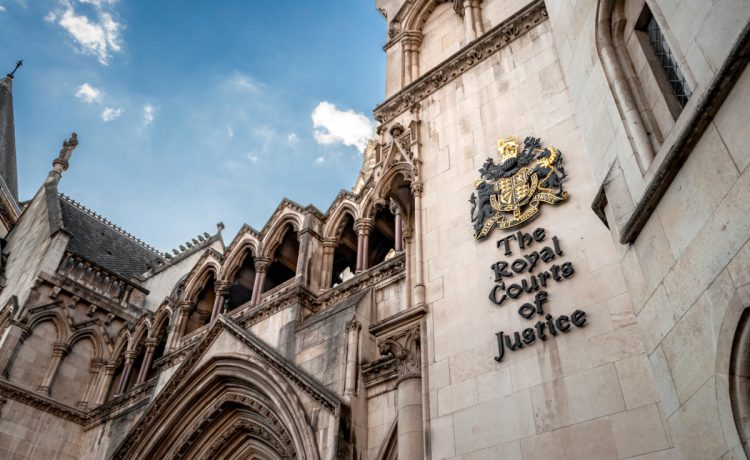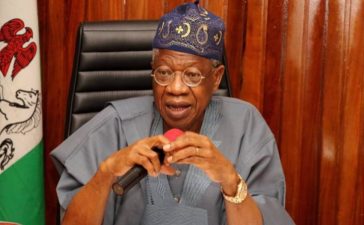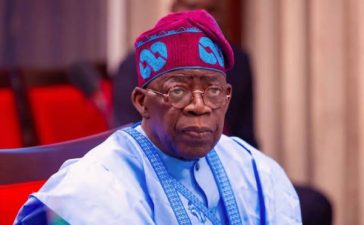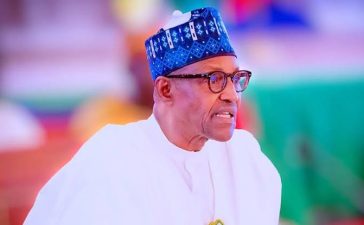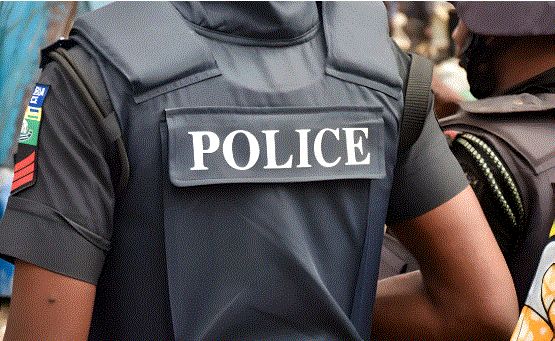One of the biggest international arbitration cases in recent history kicked off in London last week, pitting the Nigerian government against British Virgin Islands-based resource company Process & Industrial Development Ltd. (P&ID).
London’s High Court is expected to consider whether to overturn an order by an international arbitration tribunal in 2017 that Nigeria should pay $6.6bn in damages to P&ID for lost profits related to a failed energy project.
Over the past two years, Nigeria has gathered ample evidence suggesting that the international arbitration tribunal was misled, says international arbitration lawyer Tsegaye Laurendeau, a partner at specialist disputes law firm Signature Litigation, which is not involved in the case. Nigeria alleges that a 20-year contract awarded to P&ID in 2010 to process gas for Nigeria’s domestic energy market might have been illegally procured through bribes. The Nigerian government also alleges that the project was compromised from the start, calling it “one of the world’s biggest scams” in a statement last year. There was little intention to fulfil the original contract, Nigeria claims, saying P&ID’s initial and exclusive aim was to shake down the government for as much as it could.
Allegations of bribery
Nigeria alleges that a 20-year contract awarded to P&ID in 2010 to process gas for Nigeria’s domestic energy market might have been illegally procured through bribes.
“A further extraordinary aspect of this case is that it is alleged that this illegal activity continued in the course of the arbitration itself,” claims Laurendeau.
It appears that the counsel of Nigeria was being paid, or bribed by P&ID to give the tribunal false evidence, meaning the tribunal based its ruling on false, if not entirely illegal evidence, he says.
“It would appear that the counsel of Nigeria was colluding with the other side. The allegation itself is highly unusual in international arbitration.”
How it all began
The twisted tale begins in 2010, when two Irish nationals – former music manager Michael Quinn (who died in 2015) and his business partner Brendan Cahill, who had been previously contracted to repair tanks and planes for the Nigerian military – founded P&ID in the British Virgin Islands.
Within the same year, P&ID was awarded a 20-year contract to process gas for Nigeria’s domestic energy market. Two years later P&ID commenced arbitration proceedings, claiming the Nigerian government had failed to build the required infrastructure for the energy project, effectively reneging on the contract.
An arbitration tribunal sitting in London concurred, and in 2017 awarded P&ID $6.6bn in compensation. With the addition of backdated interest of 7% per annum, the amount has risen to $11bn as the dispute has rolled on.
The Nigerian government also alleges that the project was compromised from the start, calling it “one of the world’s biggest scams” in a statement last year.
There was little intention to fulfil the original contract, Nigeria claims, saying P&ID’s initial and exclusive aim was to shake down the government for as much as it could.
In 2020, the London High Court found evidence that Quinn had made false statements to the original arbitration tribunal to give the impression that P&ID was a legitimate business.
“This included that P&ID had invested $40m in the project, had undertaken considerable work including 100 volumes of documentation, and had secured land for the plant. In fact, the judge found that the $40 million had come from Tita-Kuru [a Nigerian petrochemicals company], that P&ID were unable to present any more than a powerpoint to show the extent of work it had done, and that they didn’t own any land for building the plant,” says Spotlight on Corruption, a UK-based NGO that claims to shine a light on the UK’s role in corruption at home and abroad.
The court ruled that Nigeria had established a strong prima facie case that “the gas processing contract was procured by bribes paid to insiders as part of a larger scheme to defraud Nigeria”.
The trial commencing this week will allow the Nigerian government to dispute the original arbitration ruling.
Overturning the ruling?
To overturn or annul an international arbitration award is extremely difficult, and the case required serious grounds to be taken forward, Laurendeau says.
“Assuming Nigeria is able to prove its allegations, the fact that that the arbitral tribunal awarded unusually high compensation in such circumstances could seriously undermine international arbitration’s credibility,” he adds. An $11bn pay-out would wipe out around a third of Nigeria’s forex reserves.
The litigation is expected to continue until March, but could last longer depending on the proceedings. Nigeria’s crucial presidential election is slated for 25 February.
Threat to Nigerian Economy
The damages bill would be a heavy blow to an already vulnerable economy. Outgoing president Muhammadu Buhari, who is leaving office in May, is currently attempting to persuade the Senate to add an unpaid $50bn overdraft at the Central Bank of Nigeria to the country’s public debt pile.
The debt will add to an existing burden of repayments already amounting to 111% of the federal government’s revenue this year, according to the International Monetary Fund.
Despite being Africa’s largest fossil fuel exporter for over half a decade, Nigeria retains the widest energy access deficit in the world, with the government citing the “egregious” impact its pay-out to P&ID would have on the 40% of the population that still lives below the poverty line.
Source: Africa Business

